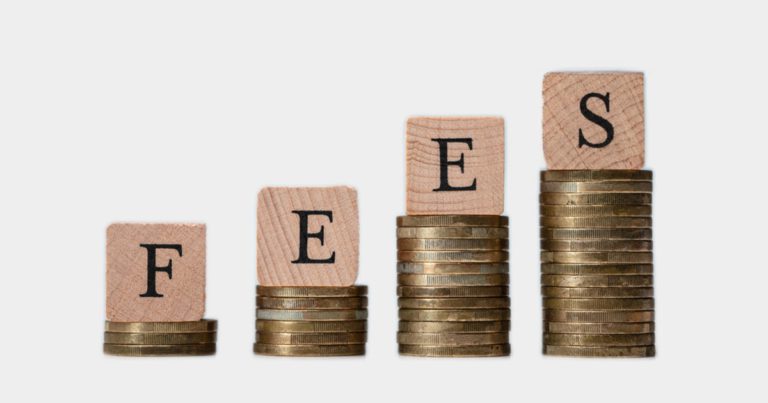Over the last few years, low Medicare reimbursement rates have dominated the policy discussions on physician reimbursement in Congress. This is perfectly understandable as Congress has had to step in to mitigate a variety of potentially large Medicare payment reductions. As this fight continues, Congress is beginning to pay attention to another source of payment reductions caused by some commercial payers: electronic payment fees.
For years, physicians have incurred reduced payments from commercial health plans via virtual credit card (VCC) payment products and third-party electronic payment vendors charging fees for standardized Electronic Funds Transfer (EFT) transactions. These fees are akin to an employer charging an employee a fee to direct deposit their paycheck into their bank account. The fees charged to providers for these payments, which typically range from 1 – 3%, add to the many financial burdens physicians already face.
Background on EFT Fees
HIPAA established a standard electronic transaction for EFT payments to providers to help the industry move away from costly and burdensome paper checks. As of 2023, 73% of claims payments were made using the standard EFT transaction. All entities must support the ability to use these standard transactions and HIPAA prohibits fees for standard electronic transactions.
HIPAA (45 CFR 162.925(a)(5)) allows health plans to charge a nominal transaction fee to cover certain costs. This fee is about $0.34 per transaction. The regulation does not permit health plans to charge any fees beyond this transaction fee for EFT payments made using the HIPAA transaction standard.
However, some companies exploit a loophole in this regulation to charge providers a fee beyond the nominal transaction fee for EFT transactions. Specifically, 45 CFR 162.925(a)(5) says the prohibition on fees applies to EFT transactions “directly” between a health plan and provider. Some health plans are contracting with third-party payment vendors to facilitate the EFT payments on their behalf. These payment vendors claim they are exempt from the fee limits because the transaction is not occurring “directly” between the health plan and the provider.
CMS has enforcement authority over HIPAA standard transactions. However, CMS does not believe it has the authority to prohibit third-party payment vendors from charging fees for EFT transactions.
CMS did issue guidance that attempts to clarify that health plans can be held responsible for violations by their payment vendors. However, this places the burdensome enforcement onus on physicians and other providers to report these issues. Additionally, CMS does not have a strong track record of enforcing HIPAA transaction violations. Practices can file complaints against health plans to CMS using its ASETT website.
Background on Virtual Credit Cards
Separate from EFT fees, many health plans attempt to pay providers using VCCs. A VCC is not a physical credit card. A VCC is an electronic number that health plans provide to physicians to receive payment similar to a credit card transaction. VCCs apply a payment fee just like any other credit card. While CMS has authority to regulate HIPAA transaction standards, CMS does not have any authority to regulate VCCs as they are not a standardized HIPAA transaction.
Health plans cannot force physicians to accept VCC payments. They must allow physicians to opt-out of VCC payments and receive a standard EFT transaction instead. However, the opt-out process places an extreme administrative burdensome on practices.
VCCs and EFT fees are connected issues because opting out of a VCC into a standardized EFT payment might carry a similar fee if the health plan uses a third-party payment vendor for their EFT transactions.
ACAAI Advocacy
Late last year, Representative Greg Murphy, MD (R-NC), introduced the No Fees for EFTs Act. Senator Bill Cassidy (R-LA) introduced a Senate version in February. This bill would prohibit third-party payment vendors from charging providers a transaction fee on electronic payments using the HIPAA EFT standard transaction through the operating rules that govern EFT payments.
Medical practices should not have to pay a fee to get paid! This week, members of the College’s Advocacy Council will travel to Washington, D.C. for our annual “Strike Force” Capitol Hill advocacy day. The Advocacy Council has selected the No Fees for EFTs Act as one of our discussion topics for this year’s Strike Force. In addition to encouraging legislators to support this bill, we will also discuss opportunities to introduce similar legislation to limit VCCs, which are not addressed in the No Fees for EFTs Act.
The Advocacy Council – ADVOCATING FOR ALLERGISTS AND THEIR PATIENTS.




